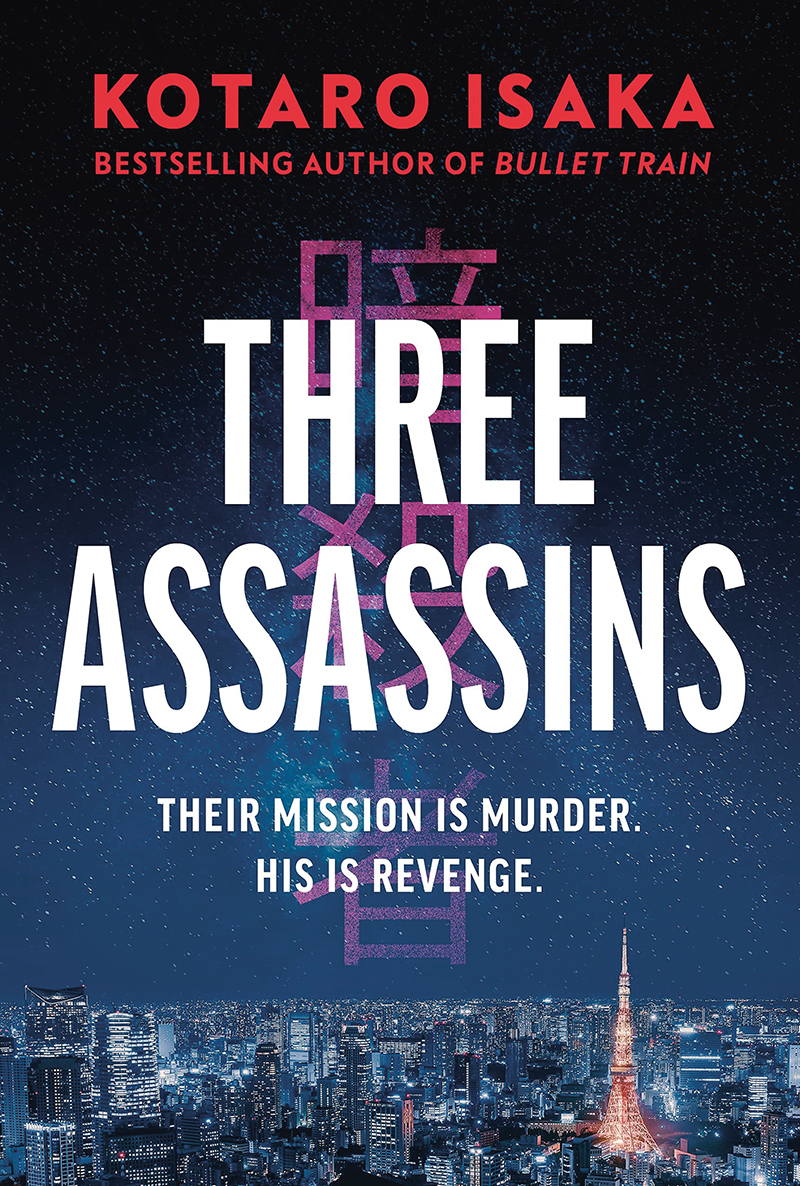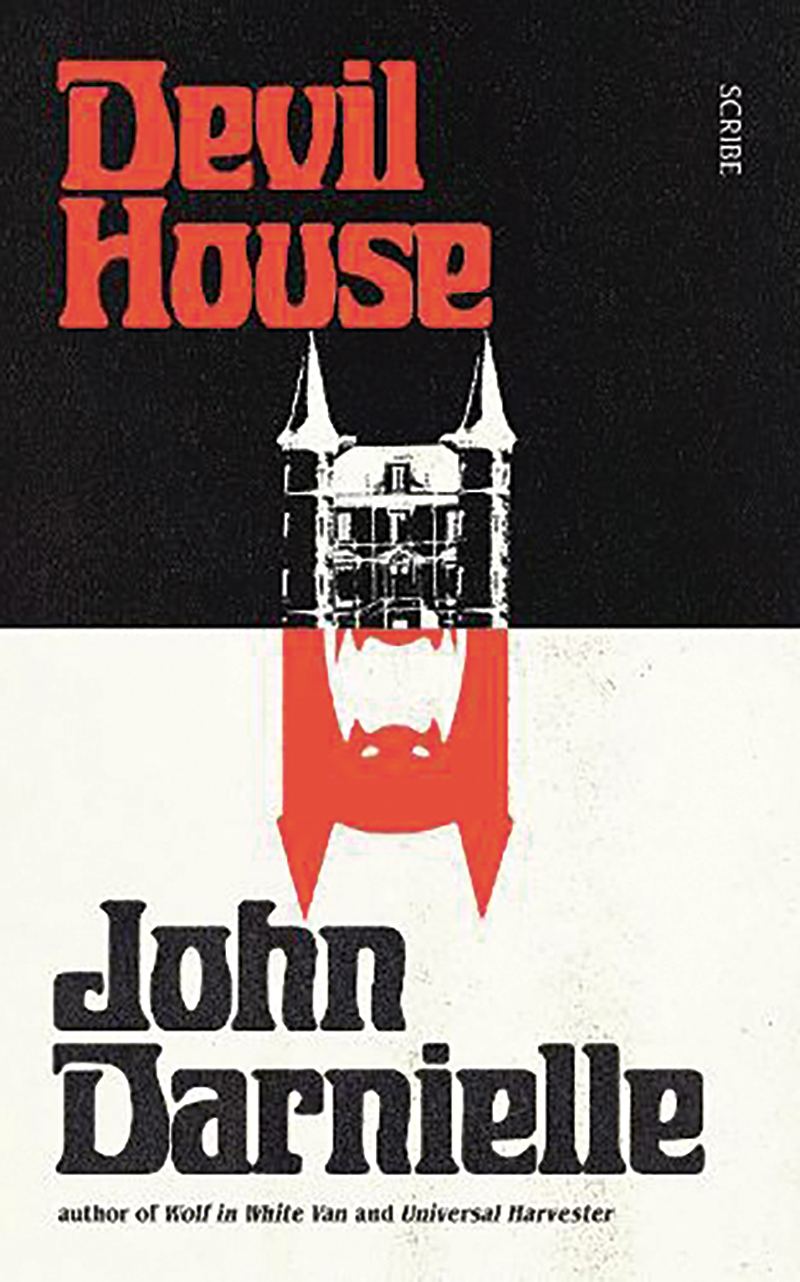There are a million different ways to keep the reader turning the pages as they move through your book. This week we have two terrific novels that both grab their reader, but in very different ways.

First up is Three Assassins by Kotaro Isaka, translated from Japanese by Sam Malissa. Very well known in his home country, Isaka has had his fame taken to a new level by the big-budget adaptation of his novel Bullet Train, starring Brad Pitt. While Bullet Train and Three Assassins occupy a superficially similar world of killers and double crossing, the slapstick action of the former is replaced here with something more contemplative and existential.
There are actually many more than three assassins in Three Assassins. The emotional focus of the story is Suzuki, until recently an ordinary maths teacher. However his wife’s murder made him quit his respectable life and try to infiltrate the organisation he thinks is responsible, working undercover. He’s about to kill the man he thinks murdered his wife, when the man is pushed in front of a car by another mysterious assassin, The Pusher. Also involved in this underworld are two more paid killers – The Whale, who persuades his victims to kill themselves and save their loved ones, and The Cicada, a boisterous and overly chatty expert with knives, who takes the jobs other assassins won’t touch.
This is a tangled web of murder and mayhem, with various central characters being hired to kill others, deceit and double-cross at every turn, and it’s all expertly orchestrated by the author. But there is something deeper going on here too. Suzuki is very damaged and riven with self-doubt. The Whale is homeless and constantly haunted by the ghosts of those he’s seen die. And The Cicada dreams of killing his boss.

Isaka delivers his plot at breakneck pace, and he juggles his central narrators brilliantly. But he also has time to dig deep into the inequality inherent in Japanese society, and wider imbalances of power around the world. Ultimately, these assassins are all just pawns in the game, still alive as long as they’re useful to those in charge. Thought-provoking and thrilling in equal measure.
Next up we have Devil House, the third novel by John Darnielle, singer-songwriter of acclaimed American indie band Mountain Goats. In Darnielle’s fiction, he expertly examines the more shocking corners of popular American culture, and here he takes on the genre of true-crime reporting.









